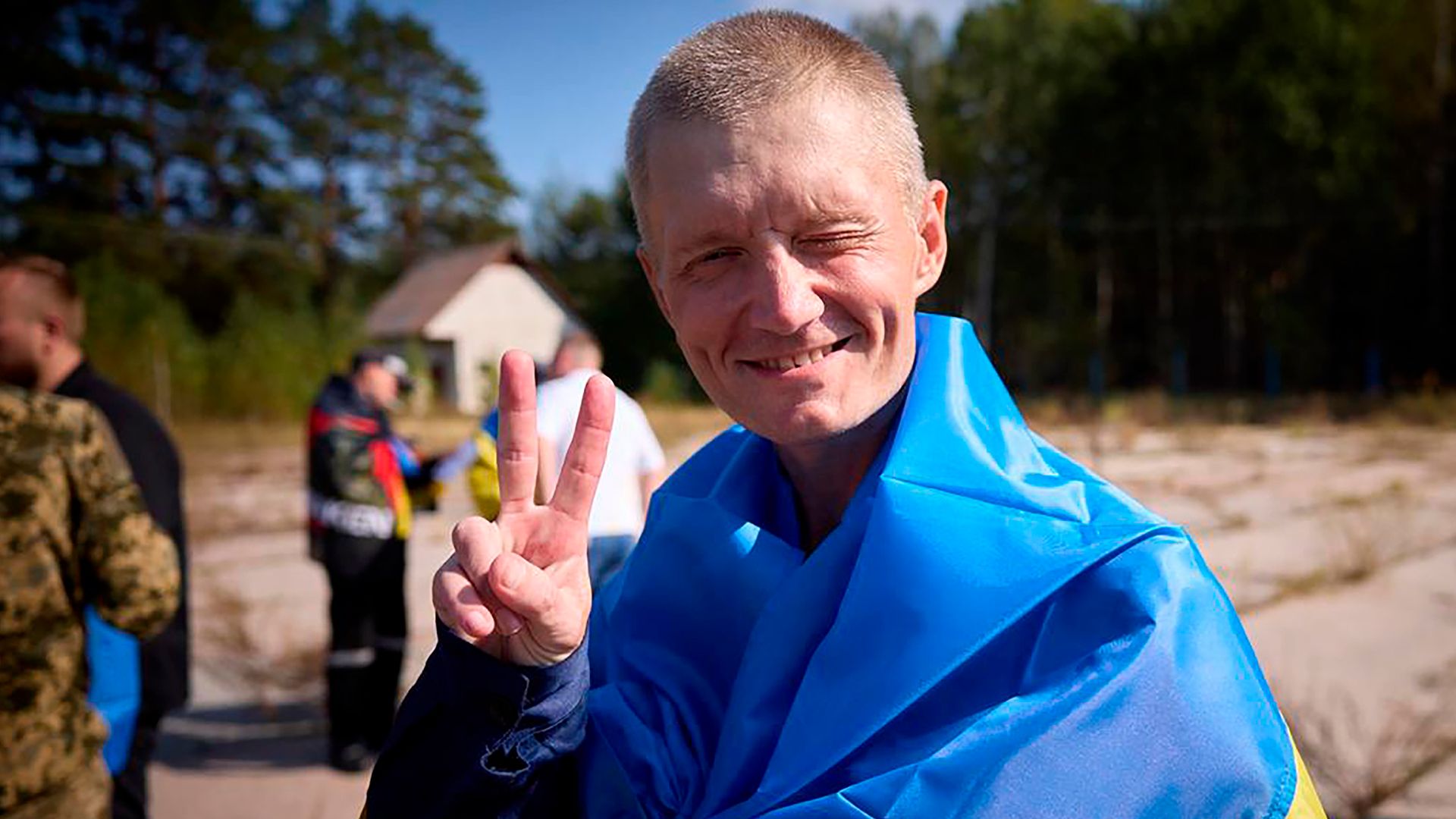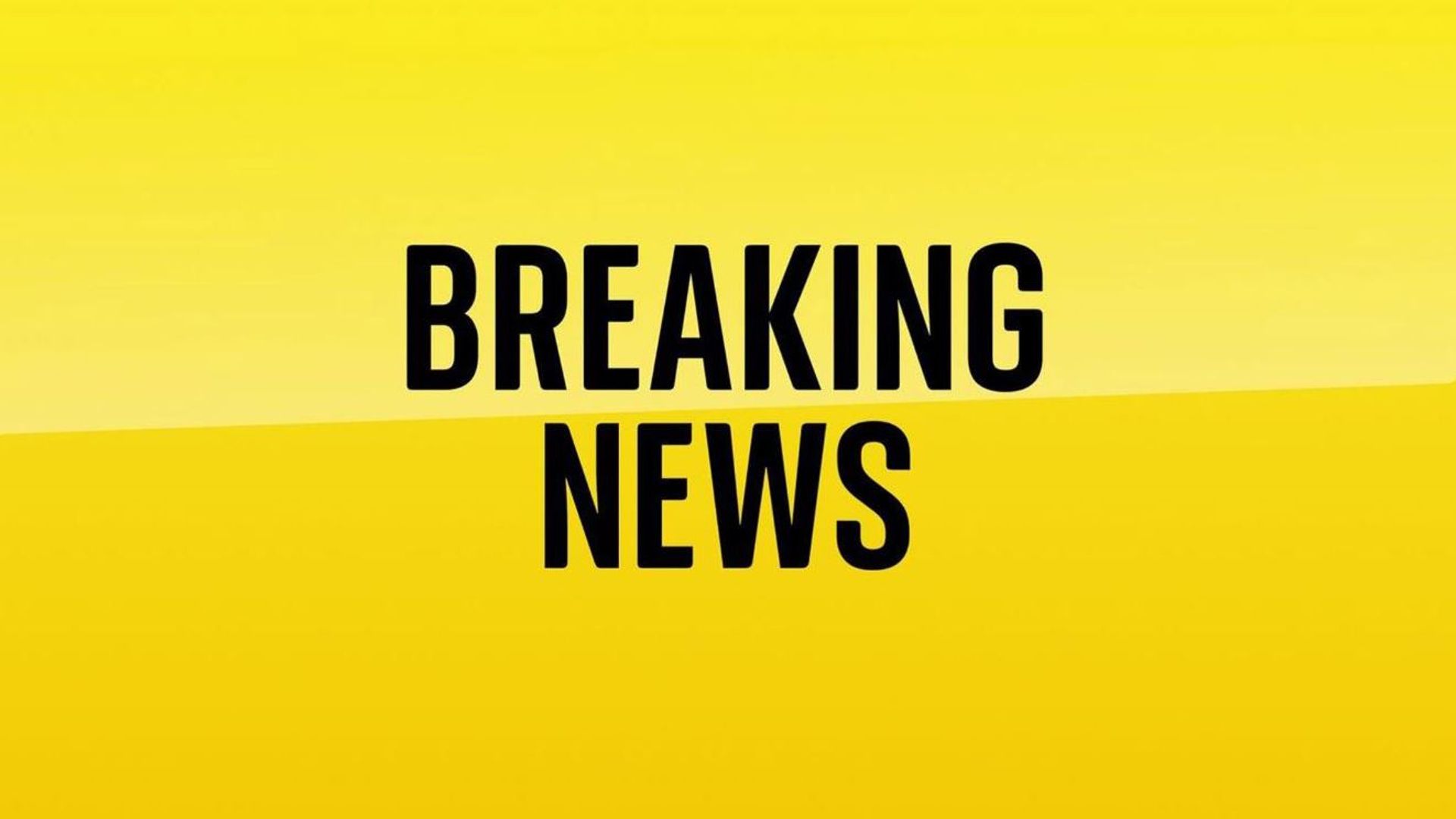Russia and Ukraine have exchanged more than 200 prisoners of war, officials have announced.
In a deal mediated by the United Arab Emirates, each side released 103 prisoners – including Russians captured since Ukraine‘s incursion in the Kursk region began in August.
Both sides released images of soldiers being released, with Ukrainian President Volodymyr Zelenskyy saying: “Our people are home.”
Ukraine war latest – today’s updates
However, as news of the swap was announced, Russian security official Dmitry Medvedev threatened that Ukraine’s incursion into Kursk had given Russia formal grounds to use nuclear weapons.
Kyiv claims to now control almost 500 square miles (around 1,300 square km) of the border region following the launch of its surprise attack.
Moscow could either resort to nuclear weapons in the end, or use some of its non-nuclear but still deadly novel weapons for a large-scale attack, Mr Medvedev wrote on the Telegram messaging app on Saturday.
“And that would be it. A giant, grey, melted spot instead of ‘the mother of Russian cities’,” he said, referring to Kyiv.
Responding, Mr Zelenskyy’s chief of staff Andriy Yermak said of Russian President Vladimir Putin: “Loud threats of Putin’s regime testify only to his fear that terror may come to an end.”
The prisoner swap is the eighth of its kind since the beginning of the year, putting the total number of POWs exchanged at 1,994. Previous exchanges were also brokered by the UAE.
All 103 Ukrainians returned were from the military – 82 soldiers and privates and 21 officers – Mr Zelenskyy said.
Read more:
Ukraine vows to hold on to Russian territory
How significant is Ukraine’s advance into Kursk?
Keep up with all the latest news from the UK and around the world by following Sky News
On Friday, Sir Keir Starmer joined US President Joe Biden at the White House for talks about the conflict in Ukraine.
President Zelenskyy has expressed frustration at the continued restrictions on the use of Western weaponry against Russian targets inside Russia.
Questioned on what had been decided in relation to Ukraine’s potential use of long-range missiles, Sir Keir told reporters that he and President Biden had “come to a strong position” but did not give any more details.
“We had a wide-ranging discussion about strategy in Ukraine, of course, in the Middle East and other parts of the world,” the UK prime minister said.
“This wasn’t a meeting about a particular capability. That wasn’t why we got our heads down today. It was to allow ourselves the space, which we took… the time, which we took… to have a strategic discussion so that tactical decisions could be seen within the wider strategy.”











